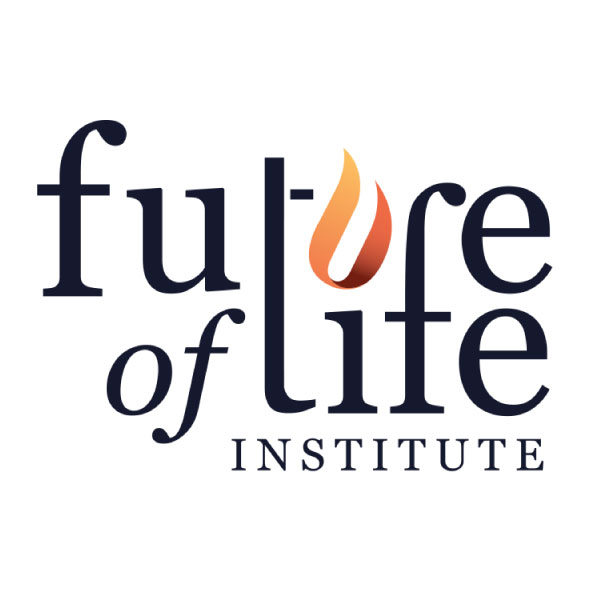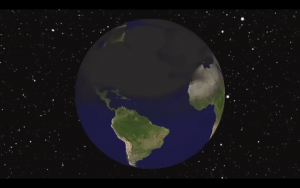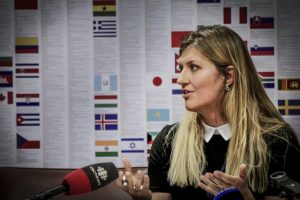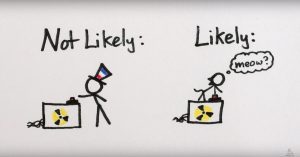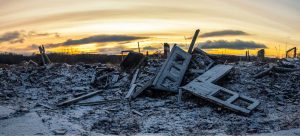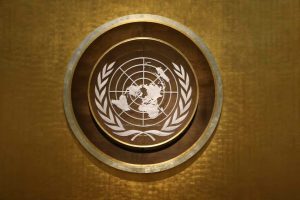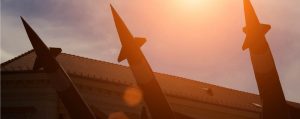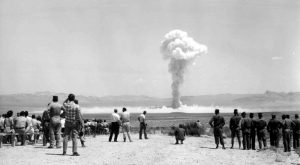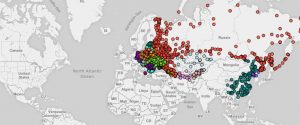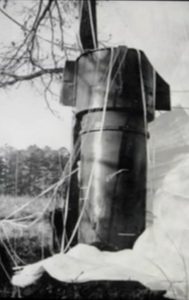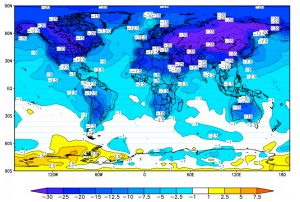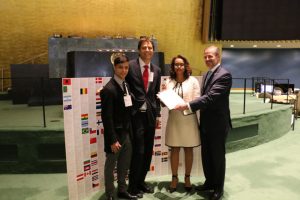FLI (The Future of Life Institute) aims to steer transformative technology towards benefitting life and away from extreme large-scale risks. We are concerned by four major risks: artificial intelligence, climate change, biotechnology and, of course, nuclear weapons.
Avoiding nuclear war is in the national security interests of all nations. We pursue a range of initiatives to reduce this risk. FLI seeks to reduce the risk of nuclear war by raising awareness of just how bad such a war would be – namely due to nuclear winter – and by supporting specific measures that take us back from the brink of nuclear destruction. We also educate the public about the inspiring individuals who prevented nuclear war in the past and celebrate scientists who reduced nuclear risk by discovering nuclear winter. Our current policy work is focussed on ensuring that nuclear stability is not undermined by efforts to incorporate AI systems into nuclear weapons command, control and communication (NC3).
Find out more here.
- Video: What nuclear war looks like from spaceNuclear winter visualisations made by FLI’s Professor Max Tegmark using state-of-the-art simulation data from several recent science papers.
- Video: Scientists Support a Nuclear BanA video of prominent scientists calling for a ban on nuclear weapons, presented at the UN during discussions regarding the creation of the TPNW.
- Video: Why You Should Care About NukesHenry Reich with MinutePhysics and FLI’s Max Tegmark got together to produce an awesome and entertaining video about just how scary nuclear weapons are.
- Podcast: Nuclear Winter with Alan Robock and Brian ToonMeteorologist Alan Robock from Rutgers University and physicist Brian Toon from the University of Colorado discuss what is potentially the most devastating consequence of nuclear war: nuclear winter.
- Podcast: UN Nuclear Weapons Ban with Beatrice Fihn and Susi SnyderThis interview took place just a couple months before the United Nations voted in favor of the Treaty for the Prohibition of Nuclear Weapons. ICAN won the Nobel Peace Prize for their efforts later that year.
- Podcast: What Are the Odds of Nuclear War? A Conversation With Seth Baum and Robert de NeufvilleWhat are the odds of a nuclear war happening this century? And how close have we been to nuclear war in the past?
- Podcast: Nuclear Dilemmas, From North Korea to IranLearn more about the geopolitical issues surrounding North Korea’s and Iran’s nuclear situations, as well as how nuclear programs in these countries are monitored.
- Podcast: AI and Nuclear Weapons – Trust, Accidents, and New Risks with Paul Scharre and Mike HorowitzThe role of automation in the nuclear sphere, and how the proliferation of AI technologies could change nuclear posturing and the effectiveness of deterrence.
- Podcast: Is Nuclear Weapons Testing Back on the Horizon? With Jeffrey Lewis and Alex BellHow much longer can nuclear weapons testing remain a taboo that almost no country will violate?
- 1100 Declassified US Nuclear TargetsHow many nukes do you think are needed for deterrence?
- Accidental Nuclear War: A Timeline of Close CallsThe most devastating military threat arguably comes from a nuclear war started not intentionally but by accident or miscalculation.
- The Risk of Nuclear WeaponsThe superpowers plan to invest over a trillion dollars upgrading their nuclear arsenals, which many experts believe increases the risk of nuclear proliferation, nuclear terrorism, and accidental nuclear war.
- An Open Letter from Scientists in Support of the UN Nuclear Weapons NegotiationsWe scientists bear a special responsibility for nuclear weapons, since it was scientists who invented them and discovered that their effects are even more horrific than first thought.
